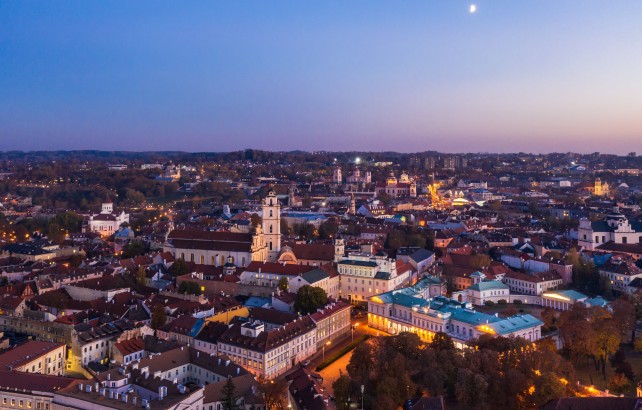
With the approaching 440 years anniversary of Vilnius University, its ten great and proactive academic minds traveled for a workshop on a weekend in the end of the year of 2017 to the small town of Palanga on the shores of the Baltic See, and came back to Vilnius with a provocative concept of an international forum, named WORLD AFTER UNIVERSITY. What remains, and will remain in the future, the irreducible core of the university? – on April 4, during the international forum would like to hear Prof. Paulius V. Subačius, Dr. Vytis Silius, Mr. Marijuš Antonovič, Mr. Simas Čelutka, Dr. Norbertas Černiauskas, Dr. Povilas Lastauskas, Mrs. Karolina Mickutė, Mr. Laurynas Peluritis, Dr. Jurgita Verbickienė, and Prof. Rimas Norvaiša.
Most academics assert universities to pertain to principal elements that constitute modern Western civilization. Thus they are hostile to the evident and universal change which leads to the transformation of university status and internal structure. Universities themselves are morphing into business corporations: profit-seeking makes them educate students for narrow professional competences. At the same time, other types of institutions, as well as individuals, empowered through digital networks, start to play increasing role in the traditional fields of education and knowledge-creation. The fact that they do it with considerable, and sometimes greater, success, calls into question the traditional mission of university.
Having acknowledged these changes, it is important to rethink university attitude – how can we make universities abandon their prevailing defensive attitude, while seeking to refine university mission for the 21st century? Is university still necessary for progress? And is its core still constituted by the academic community united by shared high ethical principles – community which enables conscious and fruitful interaction of national and international culture in pursuit of wisdom? Raising and discussing such questions would permit us to grasp more clearly the distinctive advantages of the university and to identify the irreducible core of this civilizational phenomenon.
After education became universal due to democratization, and tertiary university education became a mass phenomenon, the role of the university in the educational pyramid has to be reconsidered. Should university direct its attention to lower rungs of education and seek to shape their programmes and methods, primarily by grafting the priority of creativity education and providing the means for its realization?
Inculturation of the idea of university and of related Western academic concepts, in different civilizational environments, especially the exponential growth of higher education in Asia, is as yet unabsorbed experience. Analysing this experience would be helpful both, in order to reconsider ourselves from external perspective and in order to seek more intensive absorption of alternative concepts. The capacity to do this has always been the principal strength of the European civilization.
The reality of cultural variety, of growing migration flaws and new demographic, energy, and ecological tensions, the necessity to harmonise internal and external interests raises the question of the new Enlightenment among the political leaders in highly-educated, highly-technologised societies. Who, and how, could educate politicians and leaders of tomorrow – leaders who will be able to counter the challenges of unmanageable world and to create sustainable future?
During international forum WORLD AFTER UNIVERSITY on April 4 at Vilnius University, representatives of the universities in the countries of rapid growth and extensive development of higher education, such as China, will analyse the dissemination of the Western university model into other civilizations’ areas and its interaction with different worldviews and knowledge frameworks. Experts of education policies, as well as previous tertiary education authorities will speak on the education of prudent politicians and competent elites for the global world which is becoming increasingly difficult to govern. Professors and philosophers of educology discuss the mission of universities in the future world in reorienting economy and the whole of education towards creativity, as well as the functions being taken over from universities and duplicated by other institutions.
*To see the forum live, one will be able only by invitation, however the whole forum on April 4 will be broadcasted live on the channel LRT Lituanica, as well as in all Vilnius University Faculties, on Vilnius University Youtube channel page, and Facebook.






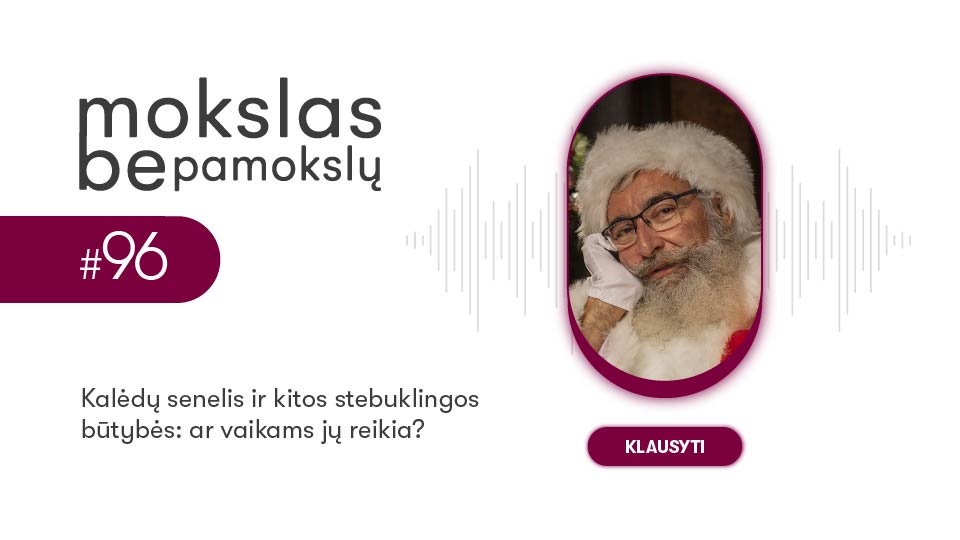
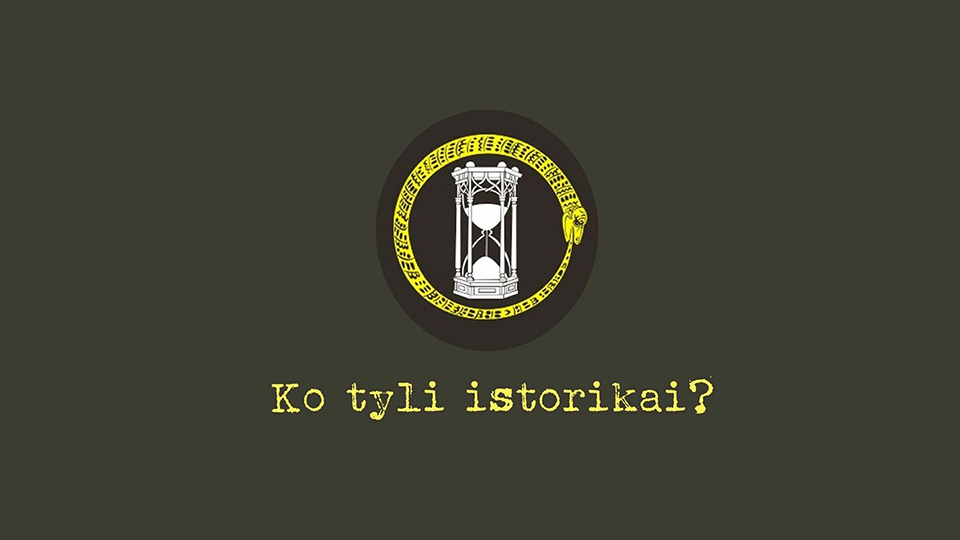
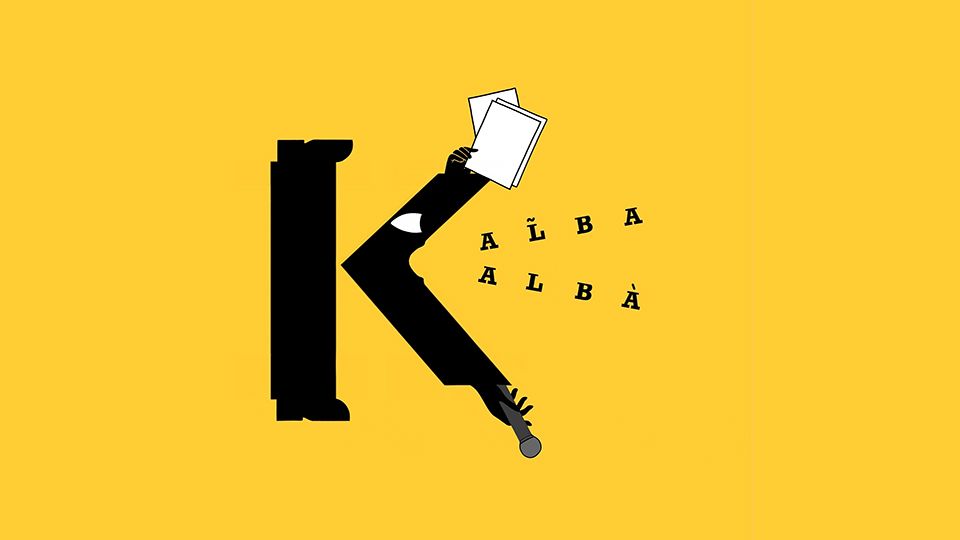

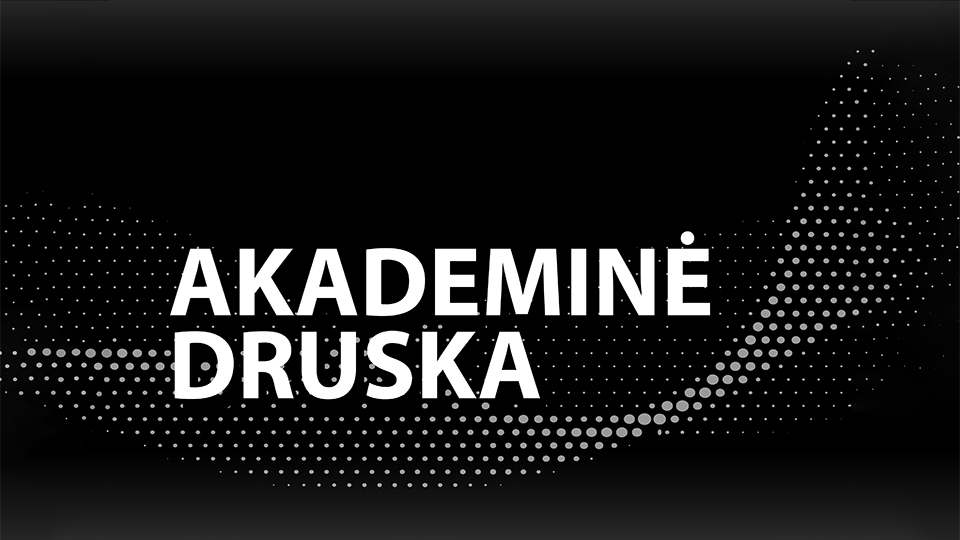

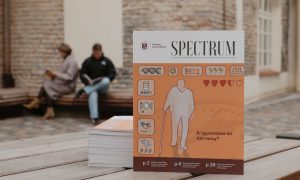
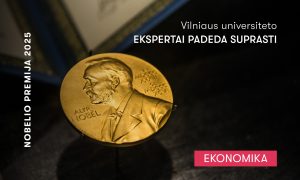
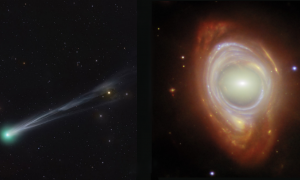
Komentarų nėra. Būk pirmas!